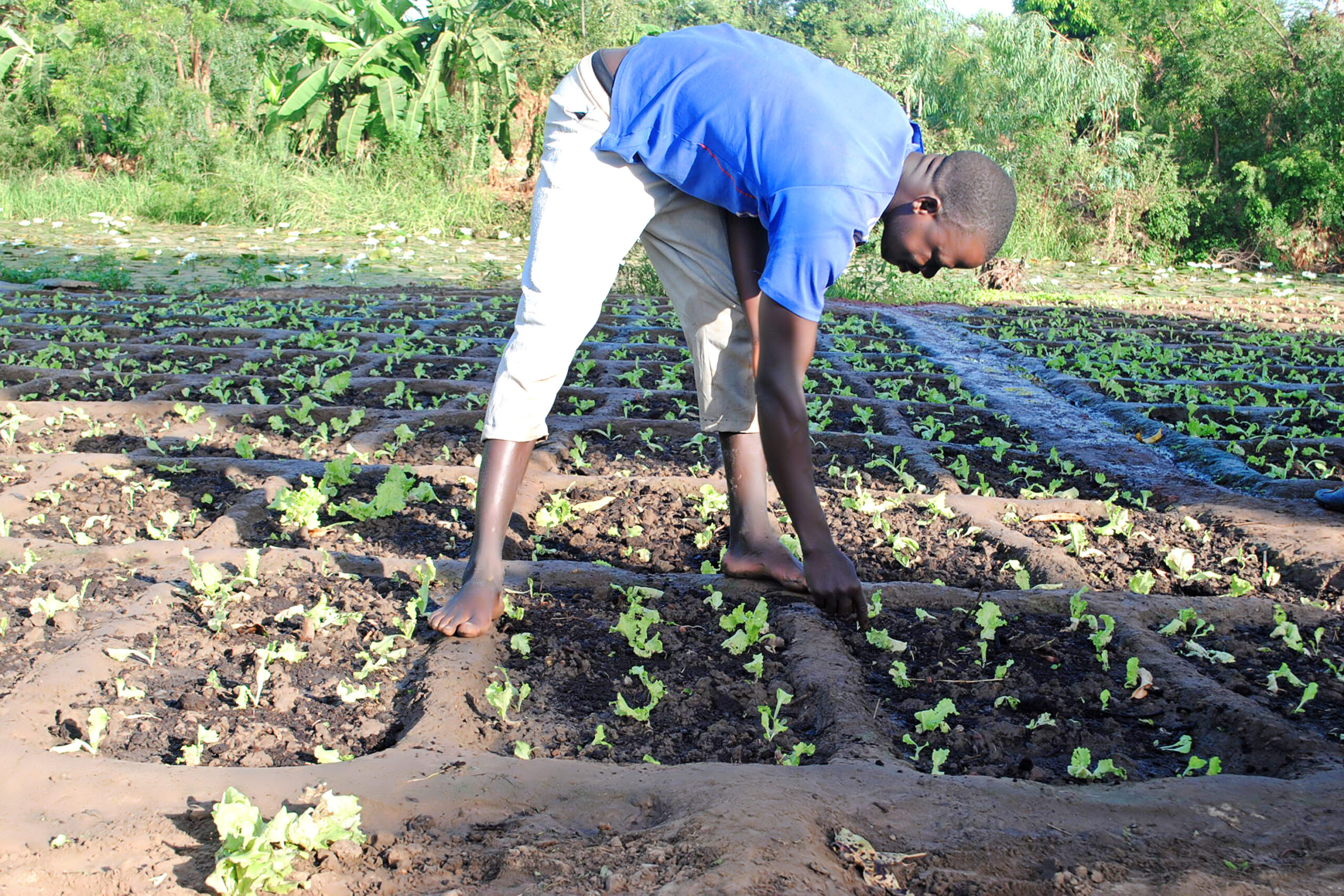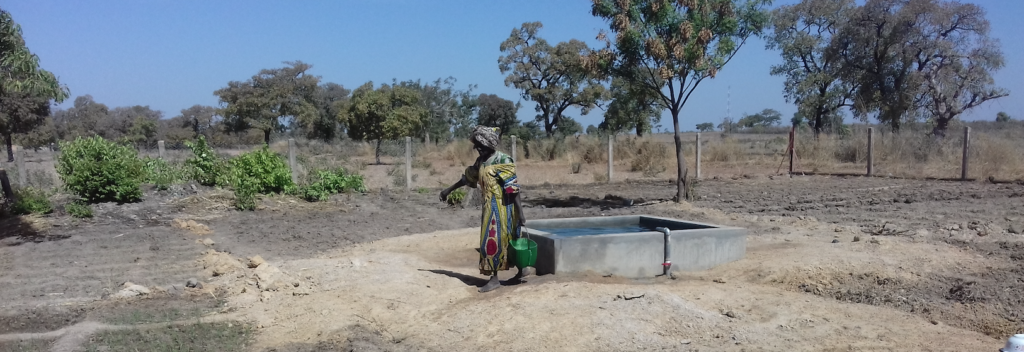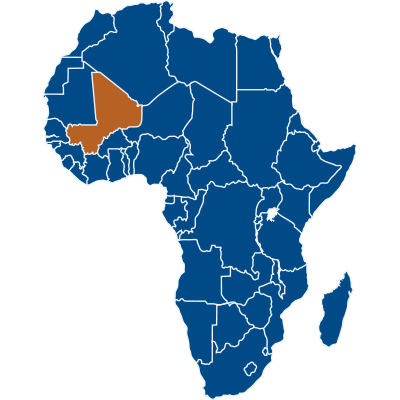Join For Water’s activities in Mali are located in three municipalities: Baguinéda-Camp, Mandé and Mountougoula, near the capital Bamako in the upper catchment of the Niger. Baguineda and Mandé border the river Niger, Mountougoula is located on a plain with three rivers that partly dry up in the dry season. The municipalities are still rural, but urbanisation is rising fast and is chaotic, with negative consequences for water quality and water availability.
Climate change is complicating water management for farmers and increasing the vulnerability of agriculture and livestock in the Sahel. Food scarcity is imminent. Water is not being used efficiently, which can lead to conflicts between users.
We are working on the sustainable use and management of water in 16 villages with a total of 28,089 inhabitants. Special attention is paid to the female population. Their interests are better protected through their participation in the water management of their village.

What we do
Together with the Malian organisations CSPEEDA, CNSFN, ICRAF and IPR/IFRA, we are committed to more sustainable use of water for agriculture and food production. A selection of our activities:
- We reforest the intervention zone and support agroforestry. Trees make it easier for water to penetrate the soil.
- We develop and improve small-scale and efficient irrigation for horticulturists.
- We use natural solutions to protect and develop the banks of the Niger and its tributaries, and for the storage, infiltration and regulation of water resources, such as pond construction and restoration.
- We make use of smart irrigation techniques, agroecology and agroforestry and investigate the self-cleaning capacity of the river.
These initiatives are part of a broader program in Mali that aims to keep clean and sufficient water available for people and nature alike. Efforts are being made to protect water resources and the availability of water for food production.


